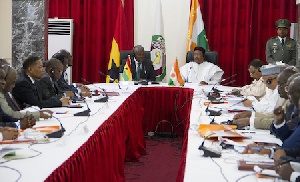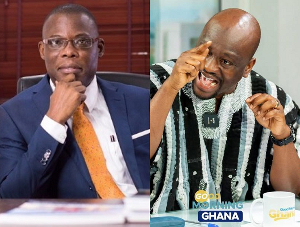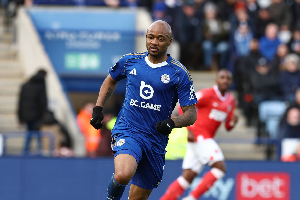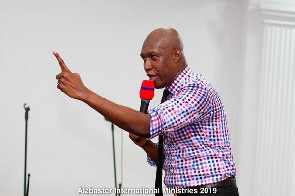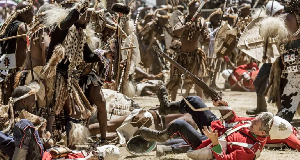Anxiety is rife among Anglophone ECOWAS nations' leaders of missing again the 2020 timeline for the introduction of a single ECOWAS currency and the establishment of a Monetary Union, as political will for a common regional currency seems to be low.
Introduction of the Eco has been postponed more than five times, and ECOWAS leaders with the task of rallying their fellow leaders around the common currency agenda are beginning to arrive at the conclusion that excuses are starting to build up, which could affect the new Eco deadline.
Ghana's President John Mahama, who made a round- trip from Accra to Niamey, Niger, on Monday to participate in the 3rd meeting of the presidential task force on the ECOWAS Monetary Cooperation programme, is seemingly worried all the gains made so far for the common currency could be eroded if other leaders do not deliberately and insistently push their various central banks and finance ministries to meet the various convergence criteria and timelines.
"A review of the report from the Task Force's third meeting shows the urgent need for member-states to work hard at enabling us to meet the various timelines.
"There will be no room for excuses, and especially as political leaders, our people will not appreciate any further excuses. President Mahamadou Issoufou (Niger) and I will continue to work and meet with our colleague-heads of state to push the needed political support for the activities of the various central banks and finance ministries toward meeting the various criteria and timelines," President Mahama said.
ECOWAS's French- speaking countries already have a common currency, the CFA, and the plan is that the English-speaking side will first introduce the Eco, by 2020, before being joined by Francophone neighbours.
However, none of the six countries in the largely English- speaking West Africa Monetary Zone (WAMZ) - Ghana, Guinea, Nigeria, Sierra Leone, The Gambia and Liberia - has since the common-currency dream was formulated in 2000 been able to meet the four primary and six secondary convergence criteria required for its introduction.
The primary criteria are for each country to keep up a single-digit inflation rate at the end of each year; a fiscal deficit - excluding grants - to GDP ratio of not more than 4%; a central bank deficit-financing ceiling of 10% of the previous year's tax revenues; and gross external reserves that can provide import cover for at least three months.
The six secondary criteria include a stable real exchange rate, a positive real interest rate, and the prohibition of new domestic default payments and liquidation of existing ones.
The countries are to also ensure that tax revenue is equal to or greater than 20 percent of GDP, wage bill to tax revenue is equal to or less than 35 percent, and public investment to tax revenue equal to or greater than 20 percent.
Ghana, which is the second-biggest economy in the WAMZ, achieved three of the four primary convergence criteria at the end of 2011 with single-digit inflation of 8.6%, international reserves covering 3.2 months of imports, and a central-bank deficit financing ratio within the 10% limit.
However, the country's performance has worsened since 2012; achieving only one international reserve primary criteria as of last year. Other WAMZ members have had a similarly inconsistent record with regard to criteria for convergence, raising serious questions about the political will to launch the Eco.
Most analysts believe, also, that apart from the lack of will among ECOWAS governments, the euro-zone's problems will now dampen aspirations to have the Eco at any time in the near future.
Furthermore, the rigidity of economic management options – such as the inability of countries in a common zone to implement independent monetary policies even in the midst of a crisis - has been cited as a major drawback to the Eco.
Nonetheless, President Mahama has assured the economy's managers willingness to bring Ghana in line to meet the various criteria for Eco introduction.
"As a co-leader of this effort with President Issoufou and President of Ghana team from the Finance Ministry and central bank can be assured of all the political will and support needed to ensure that we (Ghana) attain the needed benchmarks and criteria”, he said.
Business News of Tuesday, 10 February 2015
Source: B&FT

